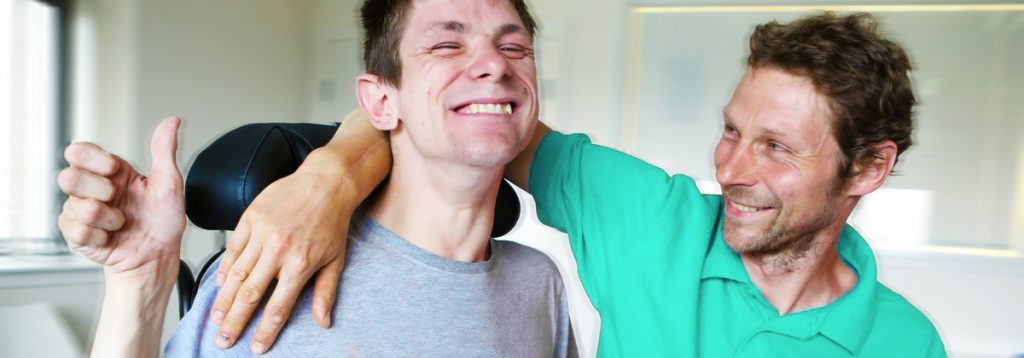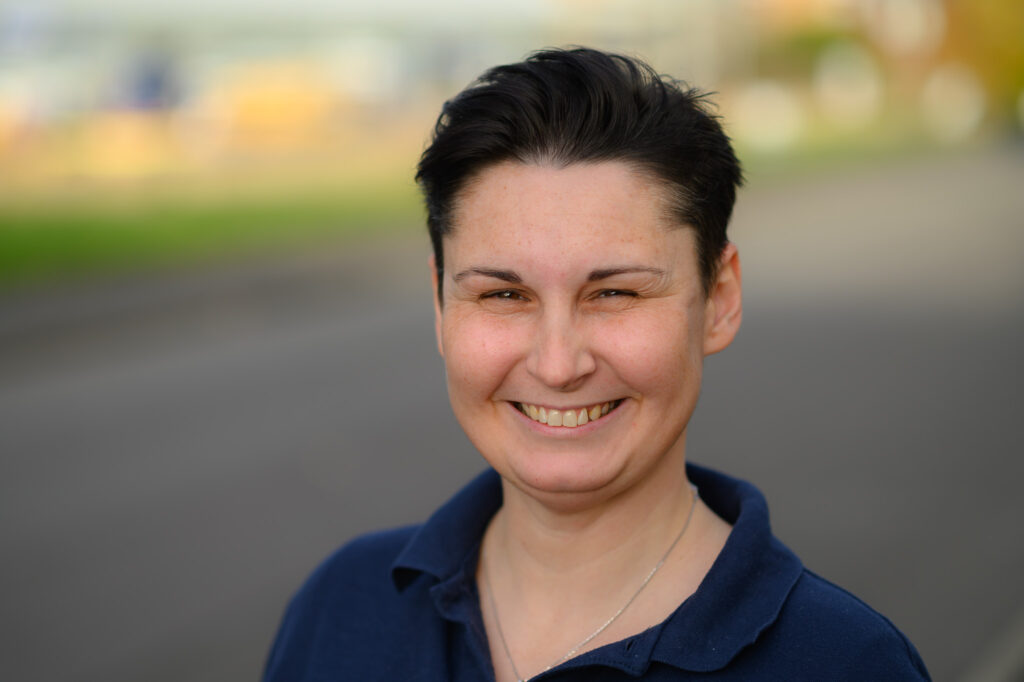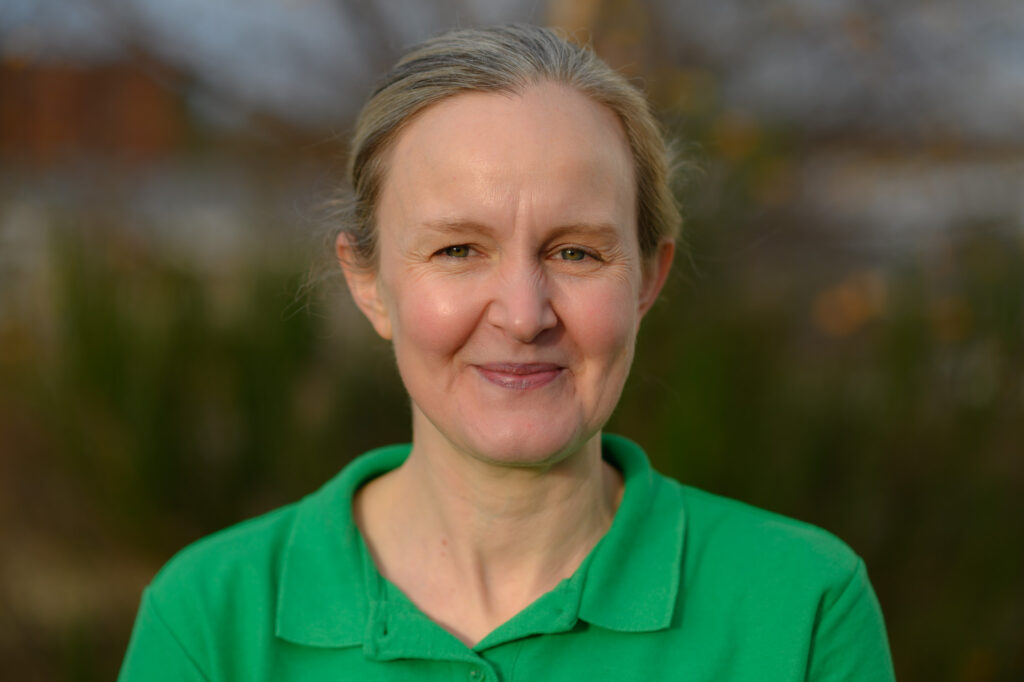Hands are usually the most common way we pick up germs from the surfaces around us. Door handles, phones, light switches, filing cabinet keys, wheelchair brakes, shopping trolleys, covering our mouths when we cough – all ways we can pick up germs. The best way to prevent spreading germs is by washing our hands properly and regularly.
For some people with neurological conditions extra care must be taken to make sure hands have been properly washed. There are a variety of reasons why handwashing can be tricky. Some of these will be explored below.
Washing hands before touching your own or someone else’s face will prevent germs being spread to eyes, mouth and nose – and so help prevent illness. Some people with a neurological condition are unable to bring their hands to their own face. The positive aspect of this is that they are less likely to touch infected surfaces and then spread germs to their eyes/mouth/nose. However, it means that they will be dependent on others to wash their face or to help them manage coughs, sneezes, tears and runny noses.
General advice for carers
- Ensure your own hands are thoroughly washed and dried before assisting someone else. Wear gloves if this is part of your regular protocol.
- Check if there are any specific recommendations about how best to position and/or hold the person’s hand/arm.
- Involve the person e.g. check they are ready to start, check which hand they want you to wash first, check if the water temperature is comfortable.
- Remember rinsing and drying are crucial parts of hand-hygiene. It is essential to rinse and dry fully. Germs love to breed in warm, damp places.
Muscle tightness/contractures
e.g. fisted or some fingers bent into the palm
Muscle tightness around hands and wrists is a feature of many neurological conditions. Sometimes this is ‘dynamic’ in that it is possible to move parts. Sometimes it is ‘static’ meaning the tissues have become stuck in that position. Whether dynamic or static, it is important to make sure every ‘nook, cranny and crease’ is cleaned and dried completely.
Ideas to help wash a tight hand / curled fingers
- For some people it can help loosen their hands, to first bring their arm away from their body. Check with someone who knows the person how to do this.
- If possible place hand fully in a basin of warm soapy water
- Do not force hands/fingers or thumbs open
- Use slow, gentle-but-firm handling
- Getting into the palm: Start at one side (e.g. at pinkie finger) and use small rotating movements, like a corkscrew, to ease into the palm with soapy water
- Follow usual instructions regarding washing between all fingers, fingertips and around thumb, back and sides of hand
- NB Handling someone’s hands can sometimes cause the person’s hand to become tighter. Draw attention away from their hands by chatting about something important to them.
Weakness / reduced hand movements
S ome people will have difficulty washing their hands due to lack of strength or poor active movements of arms, wrists or fingers. This can take many forms e.g.
ome people will have difficulty washing their hands due to lack of strength or poor active movements of arms, wrists or fingers. This can take many forms e.g.
- cannot lift arm to reach to soap dispenser or taps but can manage once they have soap and water close
- can reach for soap and water but cannot control fingers and wrist to wash hands as shown in many hand-washing diagrams
- have no active movements and need someone else to wash their hands
Ideas to help
- Where arm movements are difficult, assist by bringing soap close enough and turning taps on (check temperature)
- Provide a basin of warm soapy water on lap for person to wash own hands
- If you need to help wash the persons hands (after washing your own hands) follow NHS handwashing guidance about making sure all parts are cleaned
Sensation
Some people may have changes to what they are able to feel. For example
- difficulty with temperature: not knowing if the water is too hot/hot enough
- being unable to feel all around hands, needing to rely on vision to check washing
- sensitive to touch: find it uncomfortable/painful when touched in certain ways
Ideas to help
- Always find out what the person can feel or not feel
- Remove your own jewellery so not to scratch/cause rubbing
- Always check the water temperature
- Use firm, gentle handling – using light pressure can sometimes feel uncomfortable for someone with changed sensation
Finally, It is important to remember that good hand-hygiene is always important, not just at this time. Good hand-hygiene not only helps to prevent spread of germs (and illnesses), it is important for other parts of health. It helps a person feel fresh and comfortable, it prevents unpleasant smells and helps to stop skin breaking down and causing infection.
References
- https://www.nhs.uk/live-well/healthy-body/best-way-to-wash-your-hands/ (Accessed 25.03.2020)
- https://www.nursingtimes.net/clinical-archive/neurology/improving-hand-hygiene-after-neurological-injury-02-11-2015/ (Accessed 25.03.2020)
- http://cuh.hse.ie/Patients-Visitors/Infection-Prevention-Control/Patient-HH-Leaflet-2015-Hand-Hygiene-Brochure.pdf (Accessed 25.03.2020)
- Images from Google Image (Accessed 25.03.2020)
- Clinical experience and common sense!
Sandra Mackay ~ Occupational Therapist ~ Bobath Scotland




